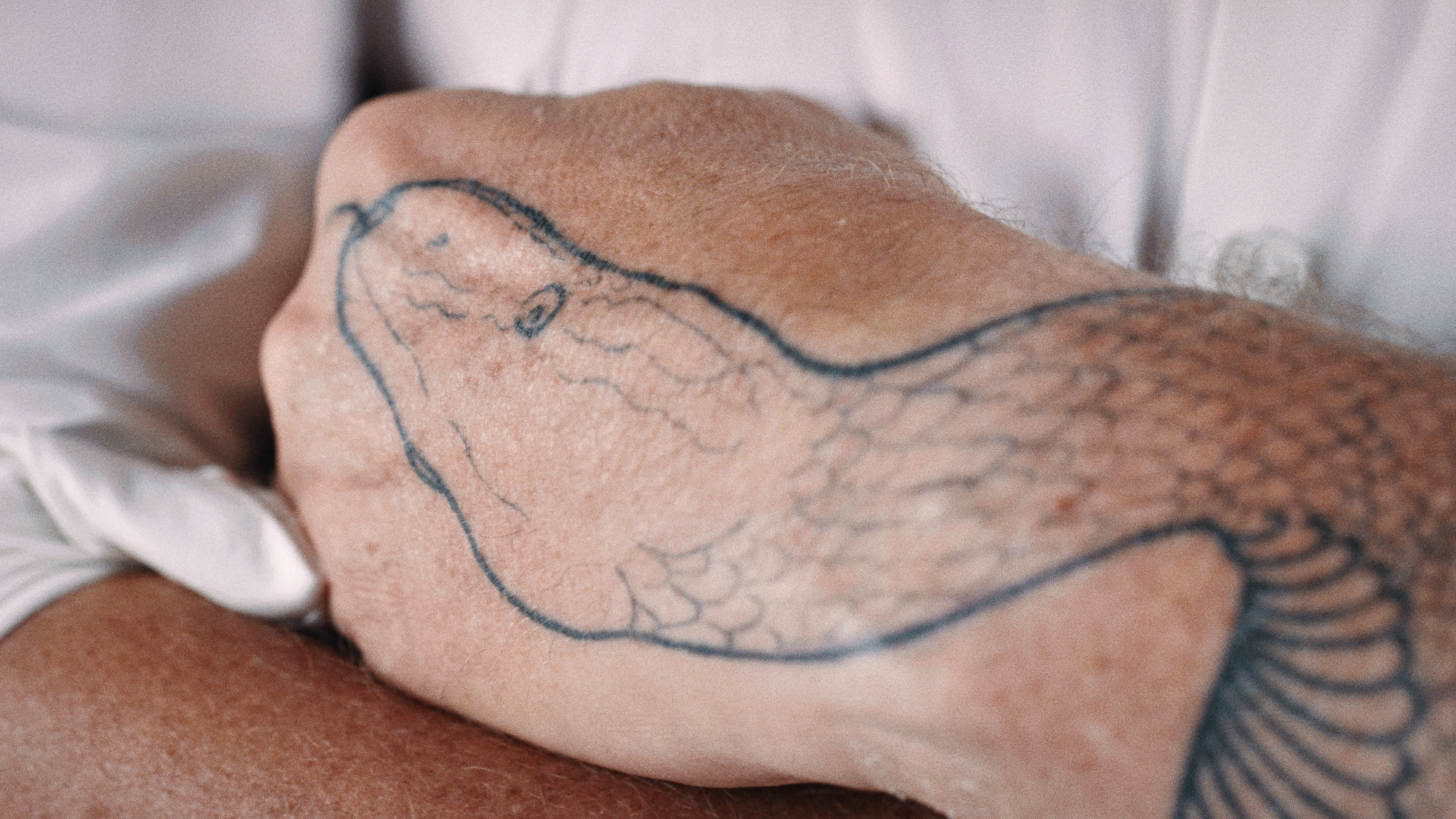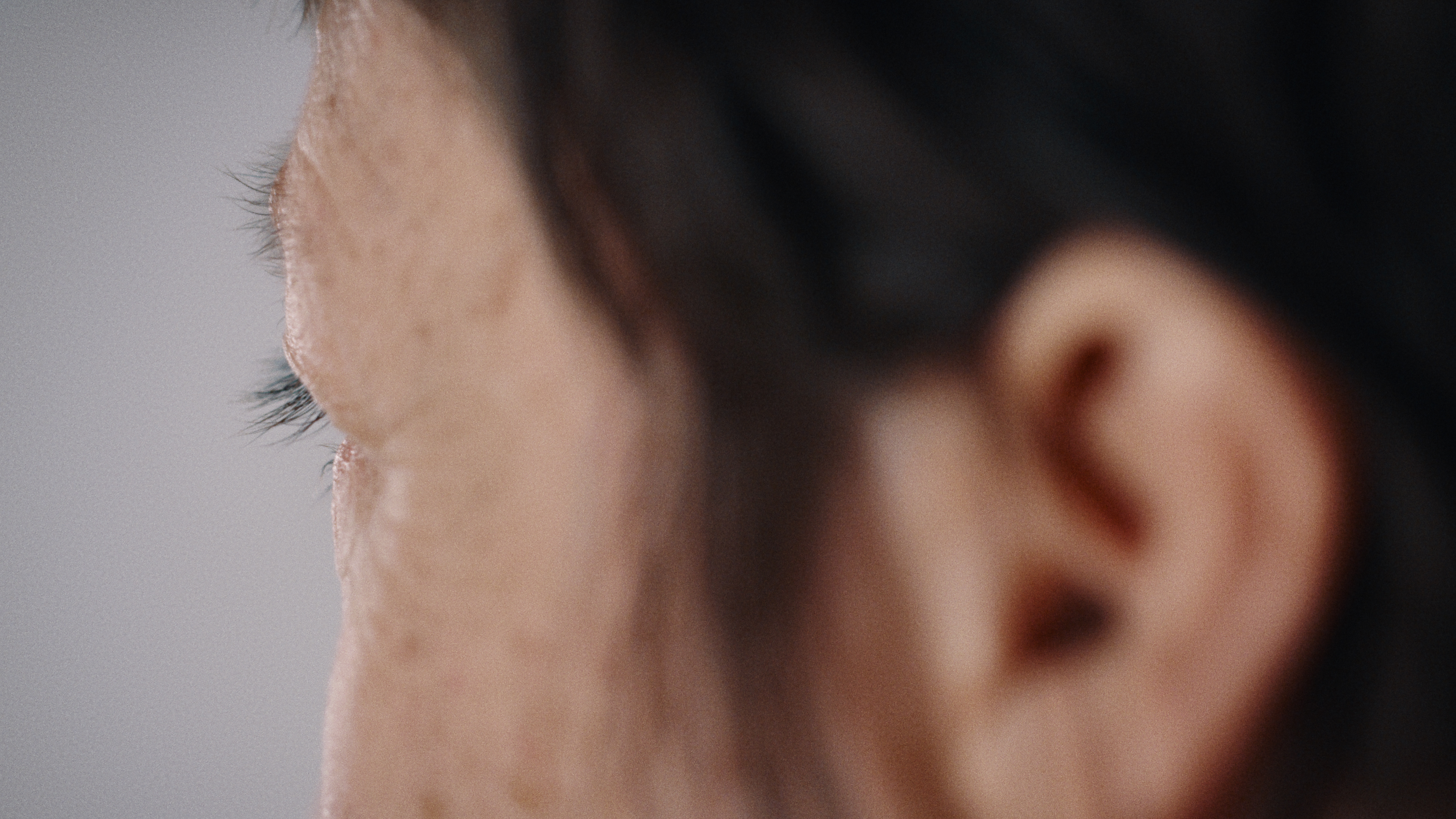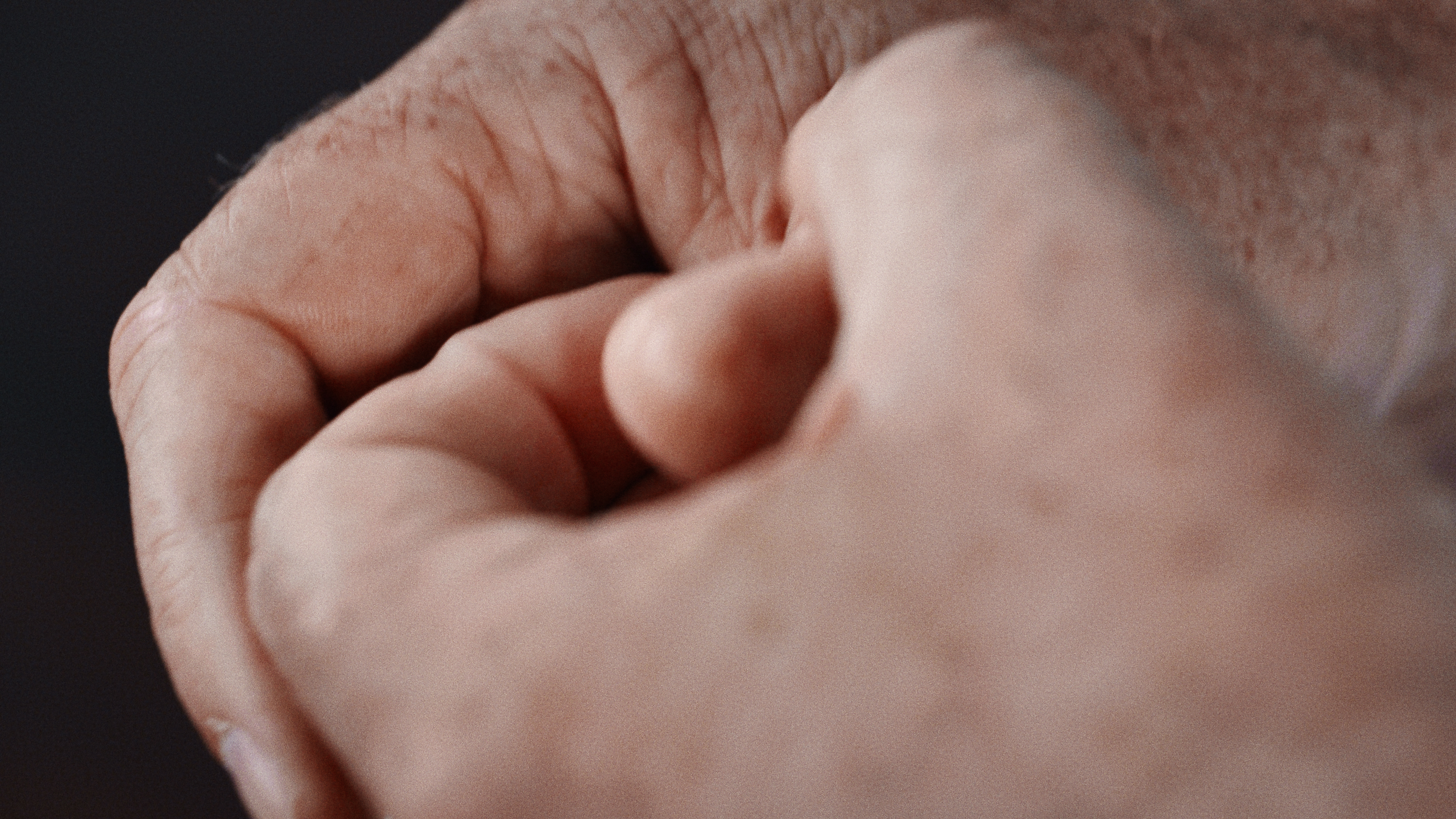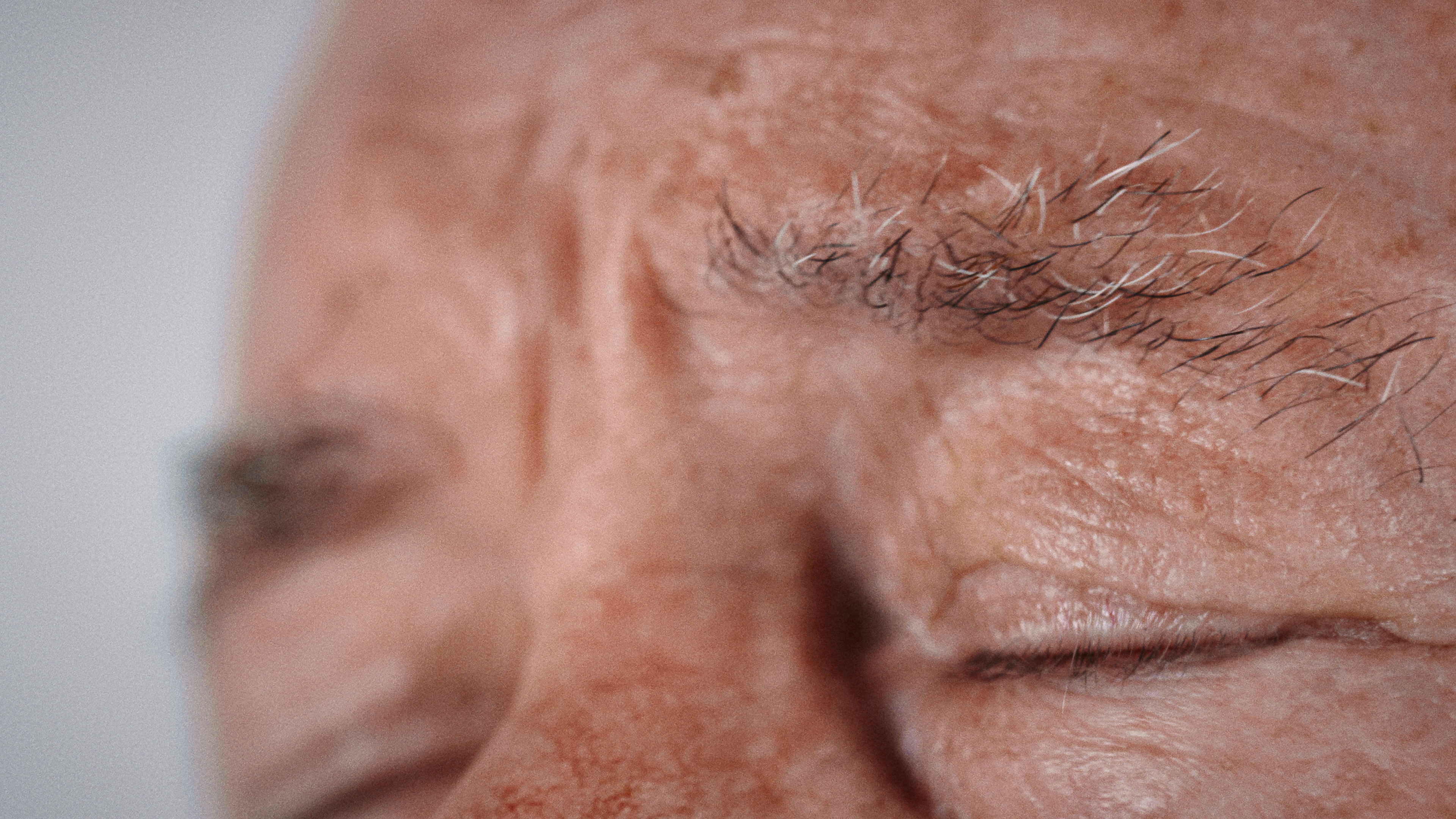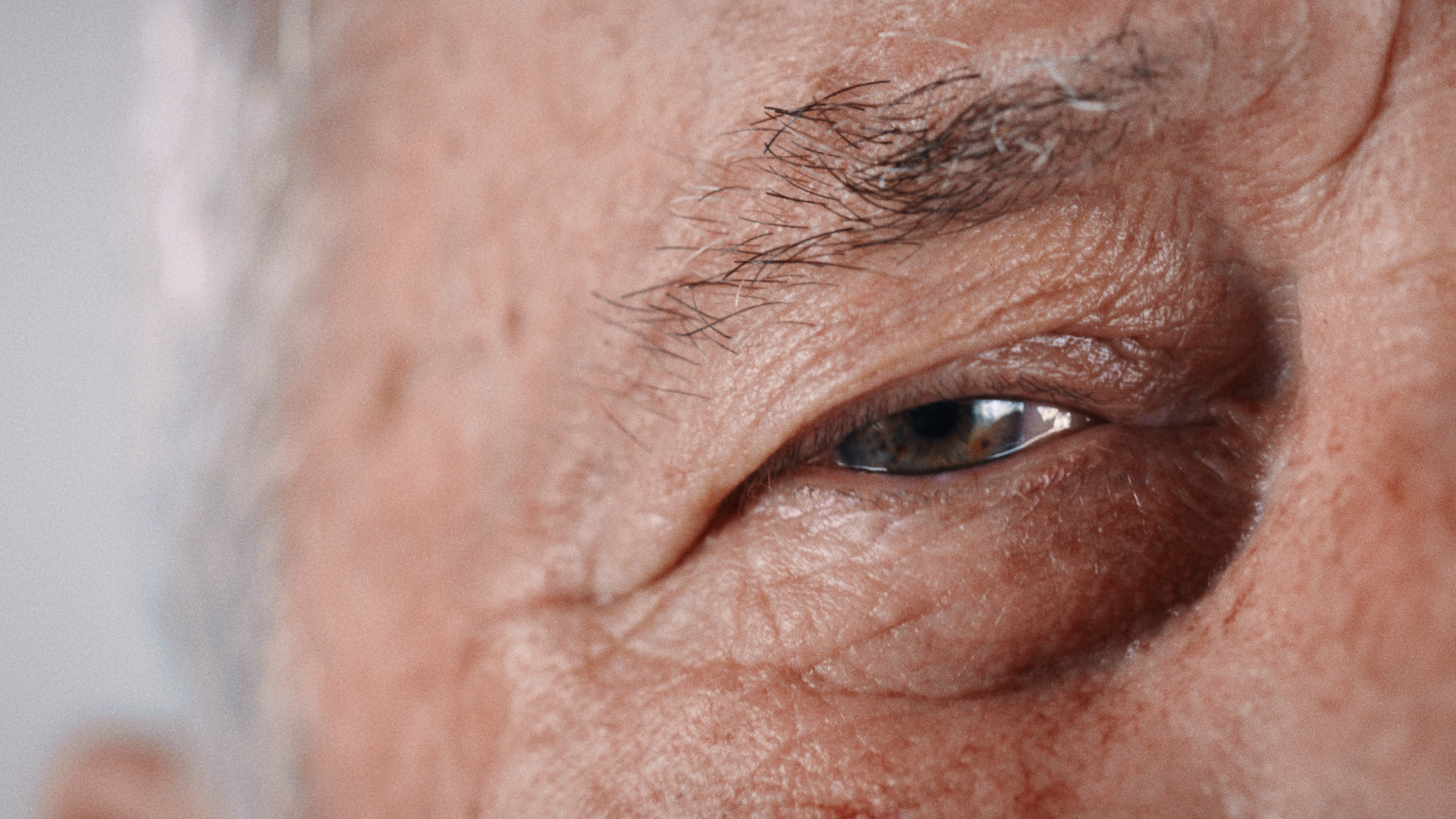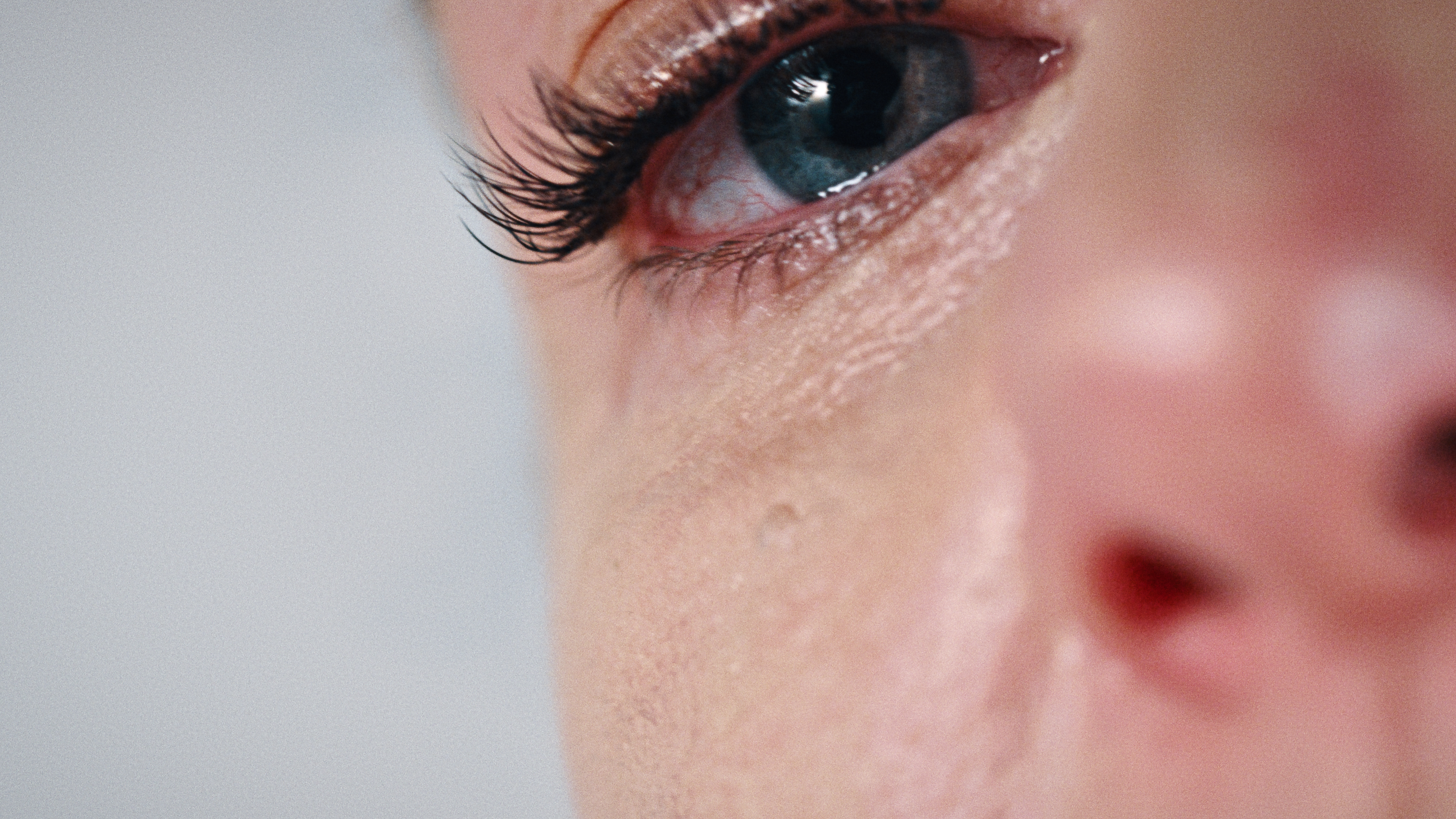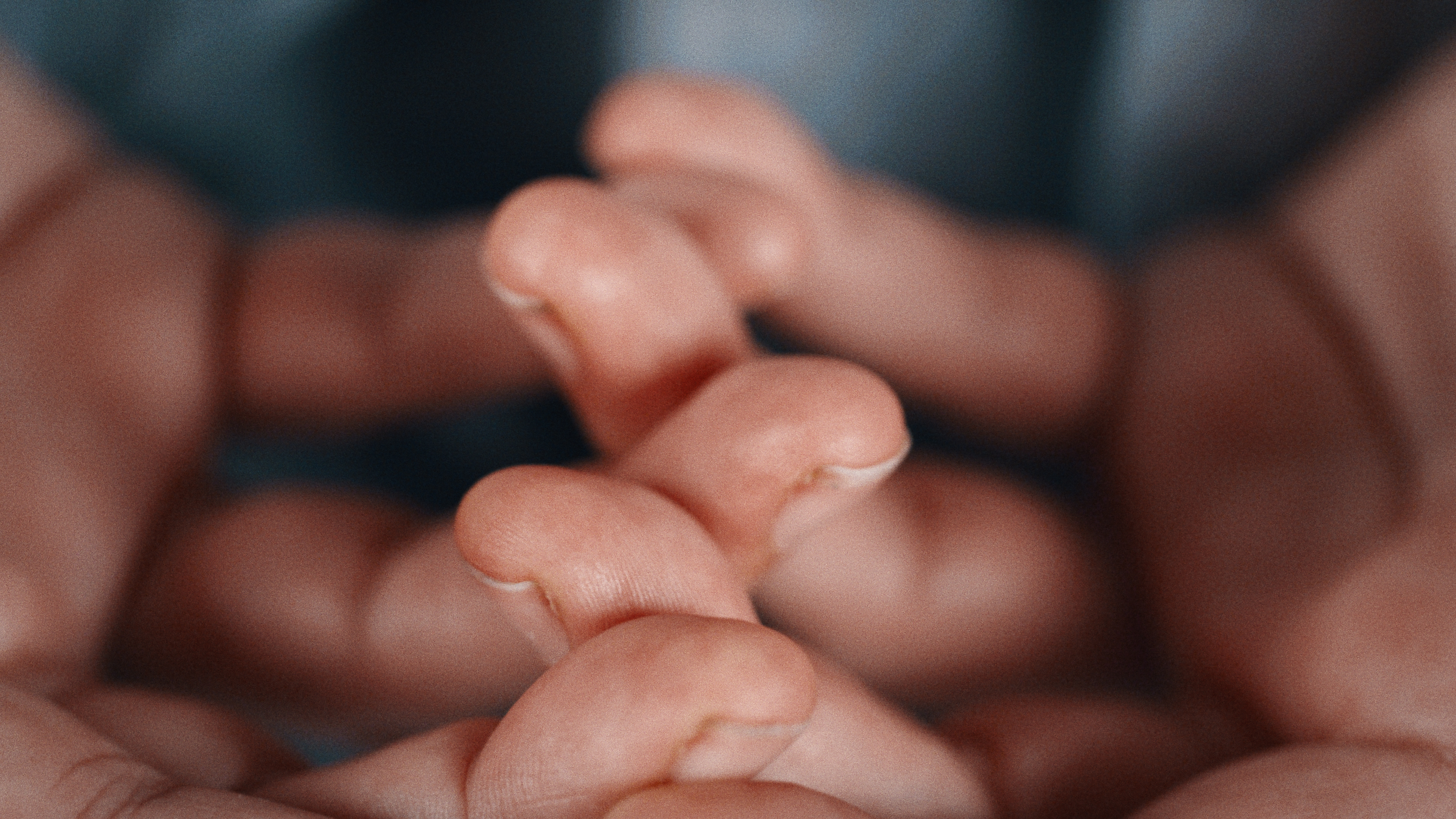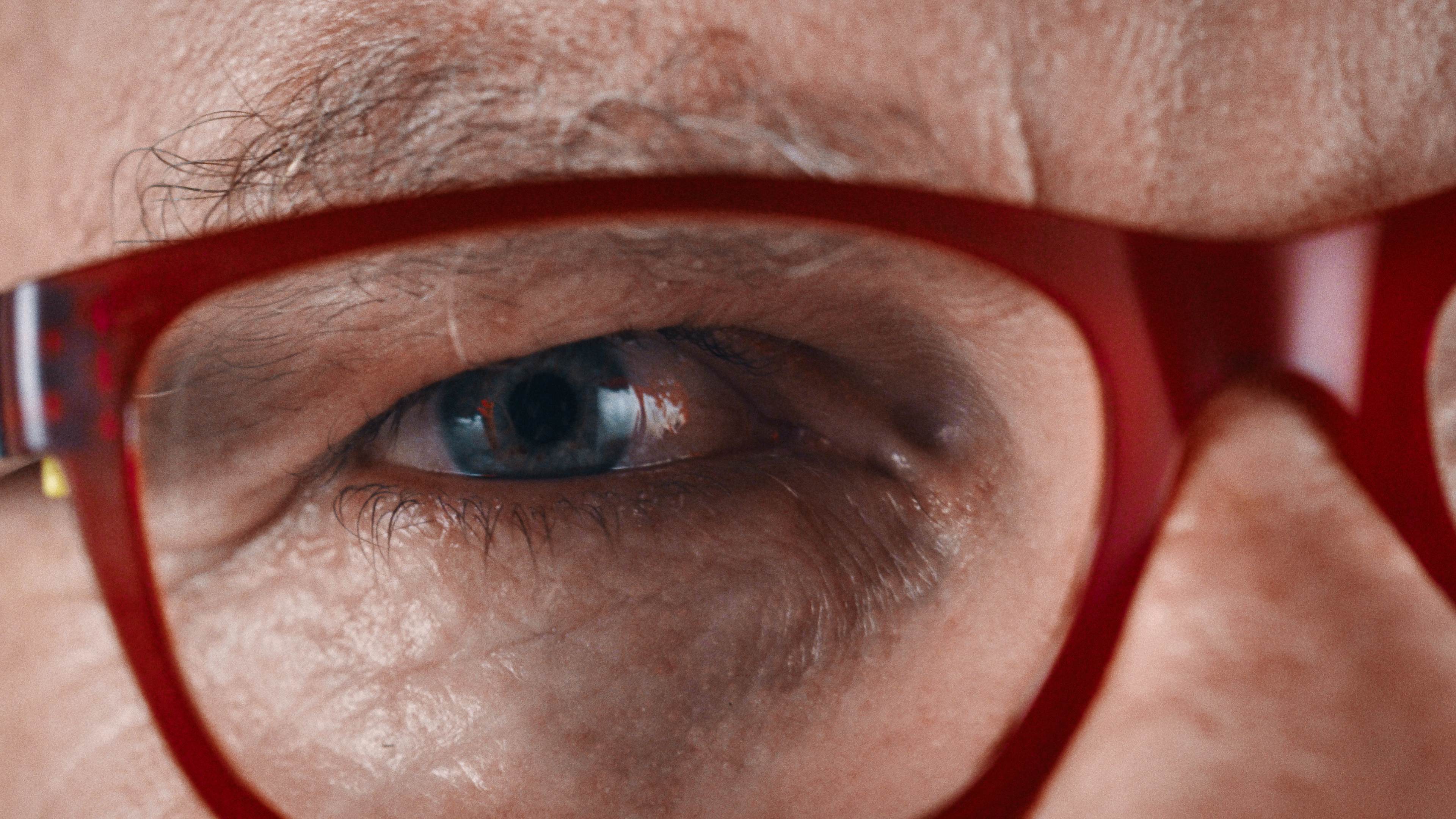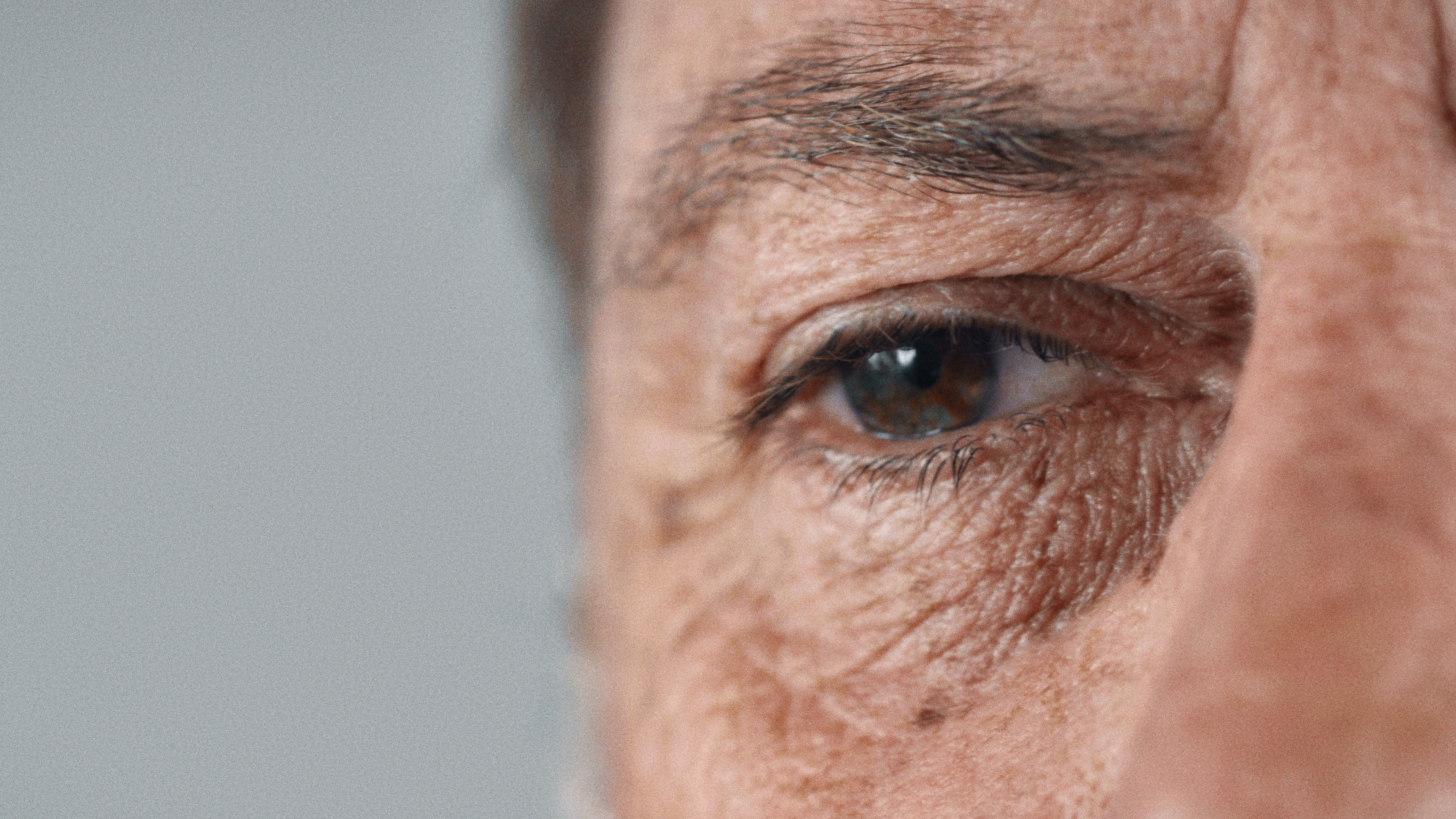Hoda Afshar
Agonistes
Agonistes
Acts of whistleblowing aimed at calling attention to alleged wrongdoing or misconduct continue to make headlines around the world. But despite the introduction of policies meant to protect them, the efforts of whistle-blowers in Australia are increasingly being undermined by gag orders, policing, and other forms of control—by efforts to silence those who have spoken out, and to discourage anyone who might think to. Meanwhile, the possible consequences for one who chooses to blow the whistle remain the same: if one is not simply ignored, one faces the real threat of legal proceedings and imprisonment, or worse.
Agonistes is based on the experiences of several men and women—former employees in the areas of immigration, intelligence service, defence force, youth detention, disability care, and other government agencies—who chose to speak out, and who now live with the consequences. They describe the personal and professional ruin, the breakdown of friendships and family relationships, and the physical and mental anguish that followed their decision to call out alleged abuses, and the reasons that led them to do so, despite knowing their possible fate. They explain that if they could go back, they would do it all again.
While their individual stories differ, the shared struggle of these men and women and their portraits expose the same agonizing truth: that the choice between responsibility and obligation—between morality and the law—is, in a very real sense, the essence of tragedy.
Agonistes is based on the experiences of several men and women—former employees in the areas of immigration, intelligence service, defence force, youth detention, disability care, and other government agencies—who chose to speak out, and who now live with the consequences. They describe the personal and professional ruin, the breakdown of friendships and family relationships, and the physical and mental anguish that followed their decision to call out alleged abuses, and the reasons that led them to do so, despite knowing their possible fate. They explain that if they could go back, they would do it all again.
While their individual stories differ, the shared struggle of these men and women and their portraits expose the same agonizing truth: that the choice between responsibility and obligation—between morality and the law—is, in a very real sense, the essence of tragedy.
19 – 23 April 2021
PHOTO 2021
20m 07s
Director: Hoda Afshar
Camera: James Wright
Editors: James Wright and Hoda Afshar
Colourist: Peter Hatzipavlis
Composer: Alexandra Spence
Sound Mix: Duane Morrison
Researcher: Claire Loughnan
Script Editors: Hoda Afshar and Anna Zagala
Format: 4K Master / RED Helium



